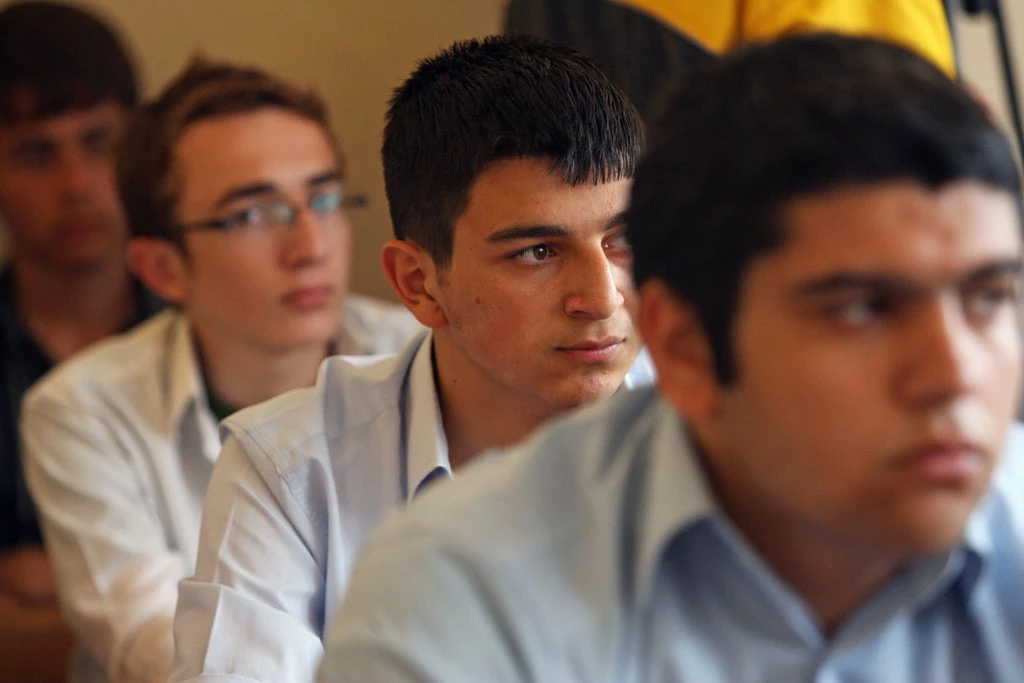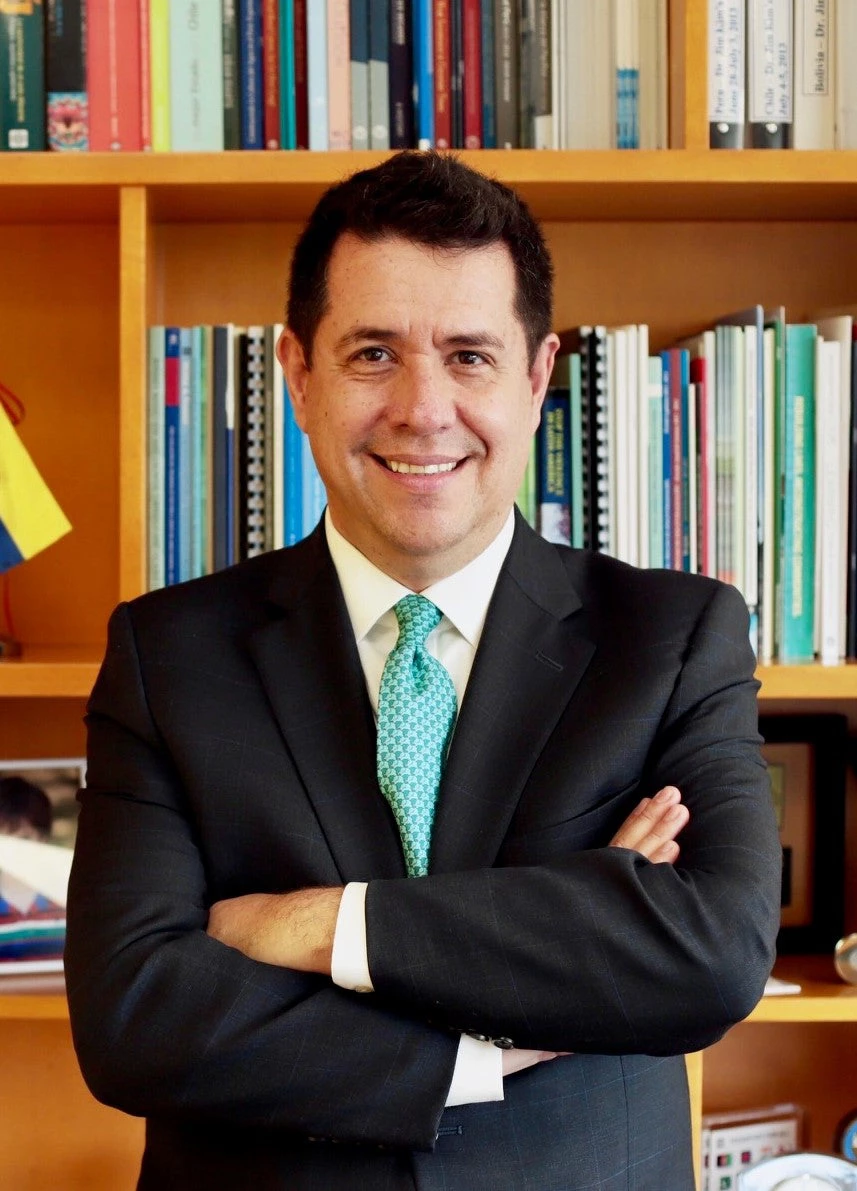
Countries in the region have undergone important demographic shifts over the last 20 years, due to shrinking birth rates. One resulting short-term challenge is the need to reduce the size of the school network and adjust the number of teaching staff to match declining number of students. There is also a need to ramp up productivity in the medium term to compensate for shrinking working-age cohorts. A crucial piece of this puzzle will be to develop relevant cognitive and behavioral skills among young people entering the job market. A history of central planning in Eastern Europe and Central Asia has also left a lasting legacy of limited participation and voice, resulting in the slow adoption of effective educational policies that favor autonomy, accountability, and the measurement of learning outcomes. All of these are critical in order to align incentives for performance within the system, and between the education system and the labor market.
The direction of the new education strategy is particularly relevant in the ECA region. By adopting a systems approach, ECA countries can embrace this opportunity to move away from central management of schools towards a more balanced system with appropriate levels of responsibility and accountability. Central governments can set policies that align the actions of different actors in the system: defining performance standards and rules of entry; monitoring performance; articulating roles and responsibilities; enforcing them; and targeting excluded students. By adopting the strategy, ECA countries can also recognize that effective policy-making must be underpinned by a robust and rigorous knowledge base that is openly shared and discussed. In fact, the upcoming ECA Skills Report mirrors the strategy by calling for an effort to ‘turn on the lights’ and to invest in generating systematic knowledge on how much students are learning and whether that learning helps them get jobs. It also reflects the strategy’s focus on results by acknowledging the need to improve financial efficiency and to move away from input-based budgeting and invest in autonomy and accountability at the local level. Smarter and more flexible financing will allow schools to better respond to employers needs and create incentives to optimize the size of the school network.
In Moldova, the World Bank is working to bring the elements of the strategy to life by collaborating with government to design of a school system optimization reform that will generate substantial savings and improve educational quality. Complementary policies to boost efficiency include per-student financing, increased autonomy to local authorities, and other accountability mechanisms. The analytical work behind the reform is built on a comprehensive analysis of public expenditure and education sector data using an innovative approach (known as BOOST.) The team is also working to strengthen the capacity of public authorities to collect, use and make publicly available systematic data on financing and learning outcomes that will allow for additional research over time, including tracer studies.
Although ECA has done well in expanding access to education, the growing number of diplomas does not reflect an improvement in relevant skills among the population. The focus of the new global education strategy on learning for all is, thus, very timely for the region. The challenge is to build a skilled labor force that ultimately will translate into welfare for families and productivity and competitiveness for countries. In doing so, the education systems in ECA will also be contributing to invigorating communities and strengthening citizens. A solid education system not only yields graduates with relevant and flexible skills, but also citizens who can acknowledge and resolve their differences peacefully, participate in the political process, and engage in causes greater than themselves.
Photo credit: Simone D. McCourtie/ World Bank


Join the Conversation